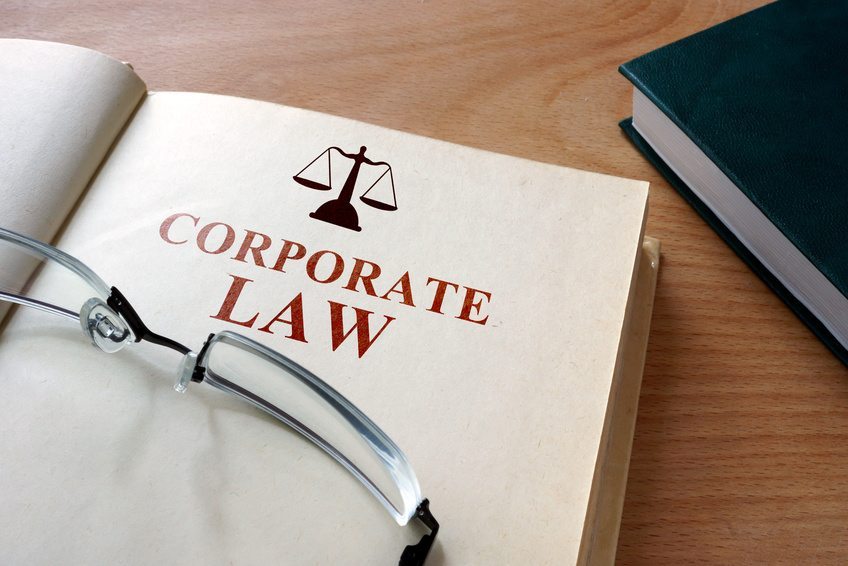 Depending on who you ask, the U.S. Securities and Exchange Commission is either a trigger-happy agency looking to bring the hammer down on business owners or a toothless entity with little to no enforcement power. Of course, as most corporate securities lawyers will tell you, the truth lies somewhere in the middle.
Depending on who you ask, the U.S. Securities and Exchange Commission is either a trigger-happy agency looking to bring the hammer down on business owners or a toothless entity with little to no enforcement power. Of course, as most corporate securities lawyers will tell you, the truth lies somewhere in the middle.
Unfortunately, all too often, companies find out they are under investigation by the SEC because of inadvertent mistakes. Perhaps they failed to hire a securities law firm or IPO lawyers before going public, or perhaps a rogue accountant has been double dealing. In any case, IPO lawyers are often asked exactly what the penalties are for corporate and securities law violations.
Even if a $725,000 fine sounds like a speeding ticket to you, there are much more serious consequences for certain securities violations. And since the recession, the SEC has been more aggressive than ever before. The SEC’s enforcement division brought 755 cases in 2014 and collected an agency record of $4.1 billion. At the same time, SEC enforcers took action on 52 insider trading cases and charged more than 135 parties with reporting and disclosure violations. Despite this, certain senators are still pushing to give the SEC much more discretion in issuing harsher penalties.
While some people are tempted to blame President Obama for the SEC’s more aggressive posture, SEC penalties have been soaring since at least 1990. According to Mondaq, “The trend for massive penalties accelerated in the first decade of the 21st century, with a slew of broker-dealers paying more than $1 billion to settle cases alleging conflicts of interest in their research, and mutual funds and advisers paying tens, or even hundreds, of millions to settle market-timing cases.”
Technically, the SEC Division of Enforcement doesn’t dispense criminal penalties. Instead, the Department of Justice and U.S. Attorney’s office will bring the hammer down on defendants. However, the SEC does have civil penalties in its enforcement toolkit. The SEC can and will seek civil monetary penalties in addition to disgorgement, the return of illegal profits. The maximum penalty per violation for corporate defendants is $750,000, although the fine may be higher depending on how much the defendant profited from the violations.
However, insider trading laws are much stricter. Today, insider trading can put you in a federal prison for 20 years. Defendants can also face fines of up to $5 million, while non-natural persons can face fines of up to $25 million.
So if you’re wondering why it’s so important to hire IPO lawyers or a securities law firm, just read the numbers above. Not so toothless after all.
